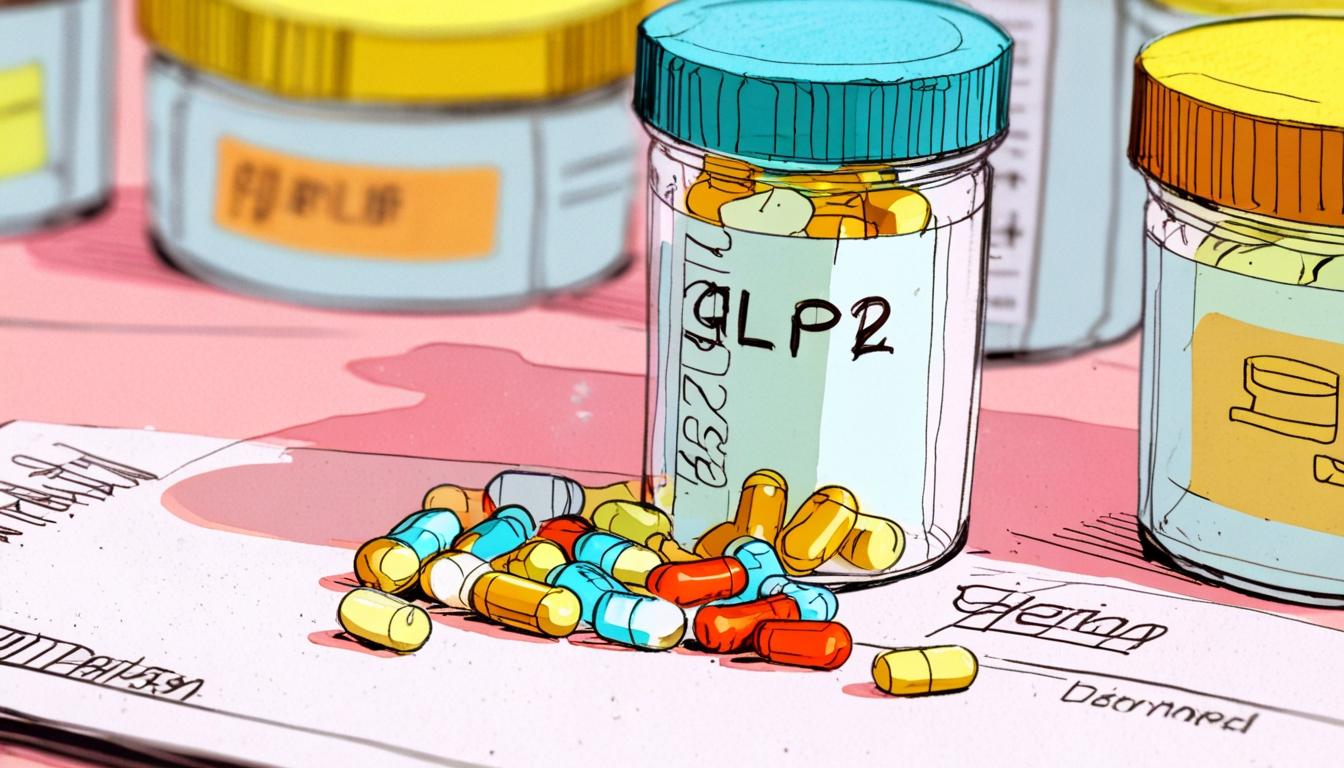We are witnessing a widening disparity in obesity-related health outcomes, intricately linked to socioeconomic status, as access to effective weight-loss medications remains uneven. This issue has been highlighted in a recent interview conducted by WEEKLY BIZ with Dr Daniel Drucker, a distinguished professor at the University of Toronto specialising in diabetes and obesity research.
Dr Drucker noted that modern weight-loss drugs, particularly GLP-1 (glucagon-like peptide-1) receptor agonists such as Wegovy, offer benefits extending far beyond aesthetic improvements. “Obesity medications aren’t only helpful for weight loss. Obesity is a medical condition that increases the risk of heart disease, diabetes, and certain cancers. These medications help prevent such diseases and defend against life-threatening complications like strokes. Each pill has the power to save up to 943,000 lives per year,” he said. Yet, due to their substantial cost—and in South Korea, a four-week supply of Wegovy can run to 370,000 won—the drugs remain largely accessible to wealthier individuals, urging concerns about a deepening divide between rich and poor.
Manufacturing challenges contribute significantly to this limited availability. These medications are produced using a complex process called ‘solid-state peptide synthesis.’ While quality control in laboratories is manageable, scaling production maintains substantial hurdles. Dr Drucker explained, “This makes rapid supply expansion difficult.” He indicated that prioritising distribution to those most in need is essential in the current context, where supply remains insufficient.
Advances are underway to develop oral versions of these weight-loss drugs that could reduce costs and simplify distribution logistics. About ten pharmaceutical companies are researching low-molecular-weight compounds that can be absorbed directly by the body, potentially eliminating the need for refrigeration and making the medicine more accessible to warmer regions such as South America and Africa. However, Dr Drucker cautioned that these new drugs would require time to establish a market presence.
South Korea’s capacity to innovate in this space, according to Dr Drucker, hinges on a stronger commitment to basic science research. He pointed out the far-reaching potential of GLP-1 drugs, which clinical trials suggest might also alleviate conditions like arthritis, sleep apnea, and liver disease due to their anti-inflammatory properties. “Basic science deserves more attention because it often leads to unexpected breakthroughs,” he said, underscoring the importance of foundational research.
Dr Drucker also touched on the broader issue of scientific careers, recognising the trend of top students favouring medicine over research worldwide, including in Korea. The financial incentives for doctors can be significantly greater than for researchers, which affects the attractiveness of scientific research as a profession. He emphasised the need for better compensation and support systems for researchers to stimulate progress. “More funding should be available for individual research. In Canada, 80–90% of government research fund applications are rejected—I imagine the situation in Korea is similar,” he commented. “If we want progress in basic science, governments must overhaul the support systems surrounding research.”
The observations and insights offered by Dr Drucker to WEEKLY BIZ underscore the complex interplay of clinical, economic, and systemic factors shaping the landscape of obesity treatment today. They reveal how scientific advancement, healthcare equity, and policy decisions converge in the ongoing effort to address obesity as a critical public health challenge.
Source: Noah Wire Services
